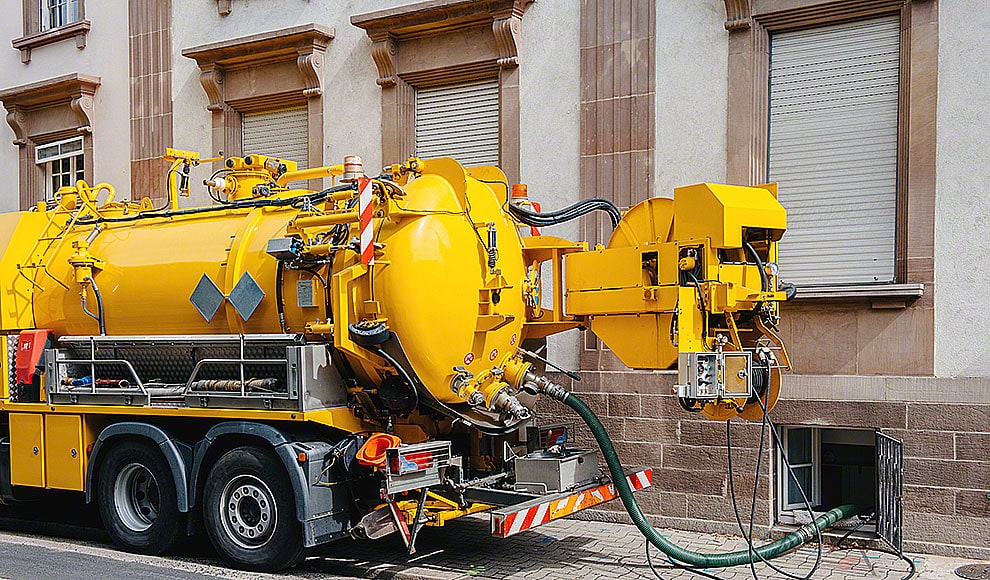Wastewater backups and pipe clog is quite a headache sometimes. You never learn to be careful until damage happens. That is why the municipality services in your area always ask you to keep your drains and pipes clean. It is essential to save yourself from future expenses. This blog post will let you know about the importance of regular drain cleaning and what to expect during inspection and cleaning from local drain cleaning services. Also, how you can prevent your drain system from blockage. So, read on to help yourself further with sewer and drain issues.
Your Drain Is Clogged. What Now?
When you experience blockage in your pipeline, your first response should be to clean it yourself using light home remedies, such as boiling hot water or others. Also, you can use a cup plunger and a plumbing auger.
It is better to avoid chemicals. No doubt, with the help clog clearing chemicals you can get immediate results. But, it is not long-lasting. Especially, chemicals are damaging for your drain system, they can damage the pipe resulting in leakage of the drain. But, if nothing works, you should call a professional plumber then, as they’re experienced and got plumbing tools to fix the issue.
What To Expect From A Drain Cleaning Service?
When you call a professional drain cleaning service provider to help you, there are a few things you should prepare yourself for.
Firstly clear the area of the problem, as if there are some utensils under the sink or some stuff placed near the problem’s area. The plumber will need some space for the tools and to locate the issue properly.
An average drain cleaning takes 1 to 2 hours normally. But, if there’s some leakage or damage in the pipeline, it can take longer as well, depending on the severity of the issue. In the case of the leakage, the plumber might need to repair or replace the pipes.
Here are those series of events that usually occur in a drain cleaning process:
Asking Questions
The plumber will ask you some basic questions regarding your drain system. So, he will probably take the history of your draining system, such as, if this kind of problem happened before. And if yes, how often it happens, how it was fixed before. Also, how often you clean your drain system. And some other simple questions of this kind. It will help the plumber to diagnose the issue more effectively.
Setting The Agenda For The Process
Now you told the plumber about the issue. Then, he might explain to you how the whole process is going to occur. This will help you set the agenda for the service upfront.
Performing Diagnostics
The plumber will check your plumbing fixtures to take more information. And he will also check the location backups to see what tools he might need for the process.
Performing Service
This is where the cleaning happens. After clearing the area of service, the plumber will put down drop cloths to protect the surface. Then, by using the drain cleaning machine, the plumber will clear the drain. If the clog is out of the line, he will use camera inspection to locate the clog and clear it.
Testing Your Fixtures
After clearing the drain from sewage, the plumber will run multiple tests to check your fixtures and water flow.
Confirmation
The last step is to confirm the cleaning process with the drain inspection camera. In this, the plumber will again use the inspection camera to see if the clog has been cleared or if there’s any other clog. Sometimes, it may uncover the damage the clog has caused, which can be cleared by either repairing or replacing the pipes.
Why Do You Need Regular Drain Cleaning Services?
Drain clogs usually don’t develop at once. Even a little by little keeps collecting in your pipes and results in the blockage of the drain. Therefore, it is better to regularly use drain cleaning service from drain contractors. It will clear up the collected waste regularly and increase the longevity of your pipelines. Also, during the drain cleaning services, your plumber will fix any small leakage issues and will save you from any future expense of replacing the pipes.



